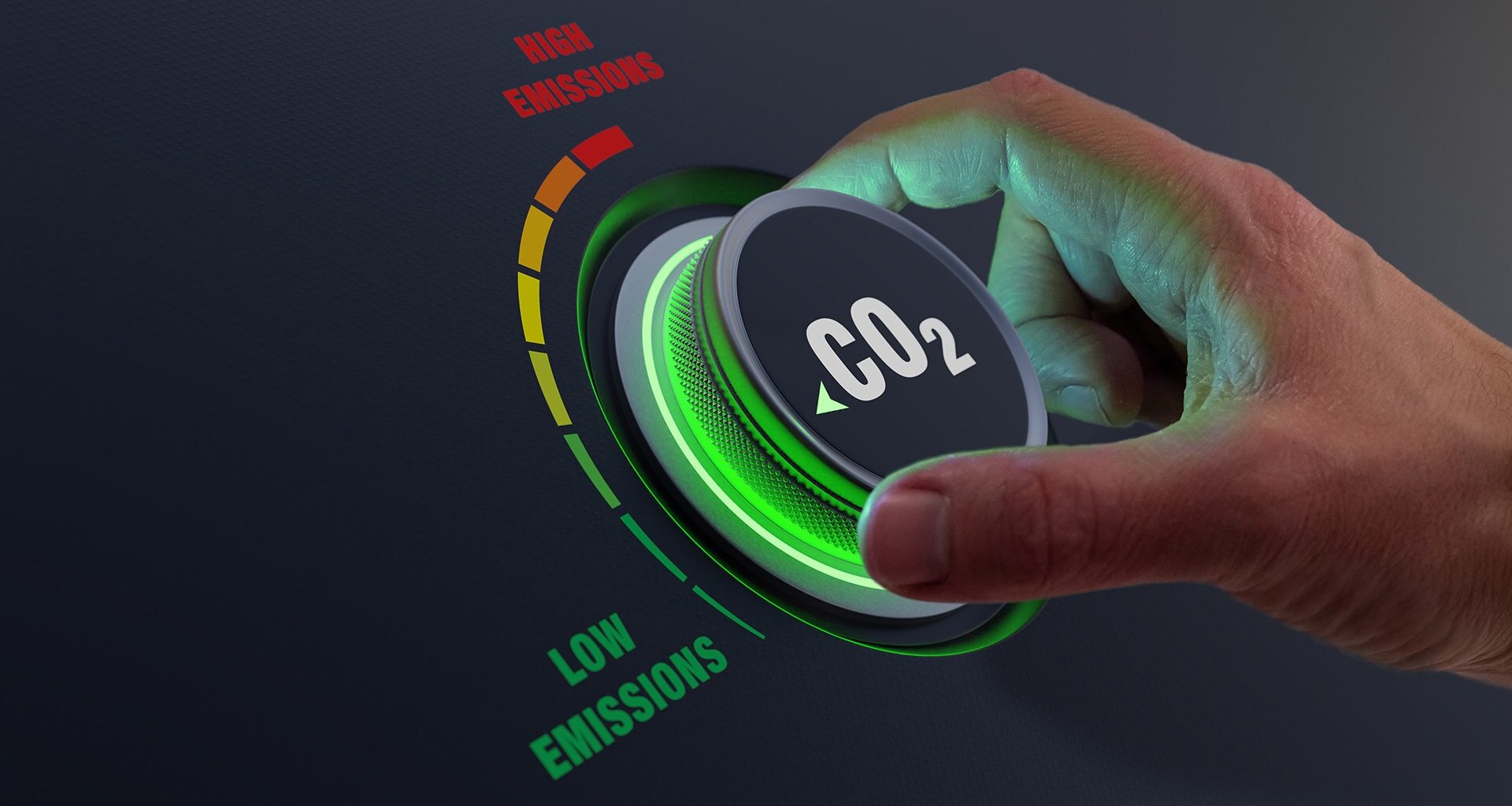As we emerge from the pandemic, the world’s attention is turning toward the monumental task of transitioning to a net-zero global economy. The COP 26 summit on climate change continues this week, with world leaders attempting to find agreement on limiting global carbon emissions.
Sadly, much of the action taken so far on climate change has been ineffective and, at worst, counter-productive.
One of the more egregious has been the much-publicised decision by pension funds and investment houses to divest from fossil fuel stocks. Coal, oil, and gas are ‘bad’, and so the thinking goes that not owning stocks linked to these industries is good for the environment. It certainly feels good, it sounds good, and makes great marketing material, but does it actually work?
In practice, divestment does nothing to reduce carbon emissions. Further, it is likely to result in prolonged energy price spikes and can actually make things worse for the climate.
Restricting access to capital (divestment) for fossil fuels has resulted in less supply, but has not reduced demand. Less supply means higher prices. This is true for anything, whether it’s coal, oil, or potatoes. The current price spike in natural gas, for example, has resulted in many countries switching from gas and into coal, which is cheaper and much faster to bring online vs. renewables. Burning coal emits +200% as much carbon dioxide as natural gas. Far from accelerating the transition to renewables, divestment has been an unexpected boon for the coal industry.
Continuing with ineffective solutions could mean energy poverty for billions of people while carbon emissions keep rising anyway: a lose-lose outcome.
We must focus on what actually works.
Today, nuclear power generates 10% of global electricity and does this with zero emissions. That 10% could be 20%, 30%, or higher. The only barrier is political will. Offshore wind offers a critical source of renewable power with unlimited scope to increase capacity. Energy saving technologies, which are emerging across multiple industries, offer actionable and effective means to do more with less energy, and without impoverishing anyone.
These themes, and many more, are effective, actionable, and investable. What’s more, allocating capital to effective solutions accelerates their adoption. Investors really can make a difference.
Getting this right can mean effective action on climate change, growing human prosperity, and powerful long-term investment returns for those who allocate capital to the most effective solutions: a win-win for the climate and for investors!
Disclaimer: The views expressed in this article are those of the author at the date of publication and not necessarily those of Dominion Capital Strategies Limited or its related companies. The content of this article is not intended as investment advice and will not be updated after publication. Images, video, quotations from literature and any such material which may be subject to copyright is reproduced in whole or in part in this article on the basis of Fair use as applied to news reporting and journalistic comment on events.


